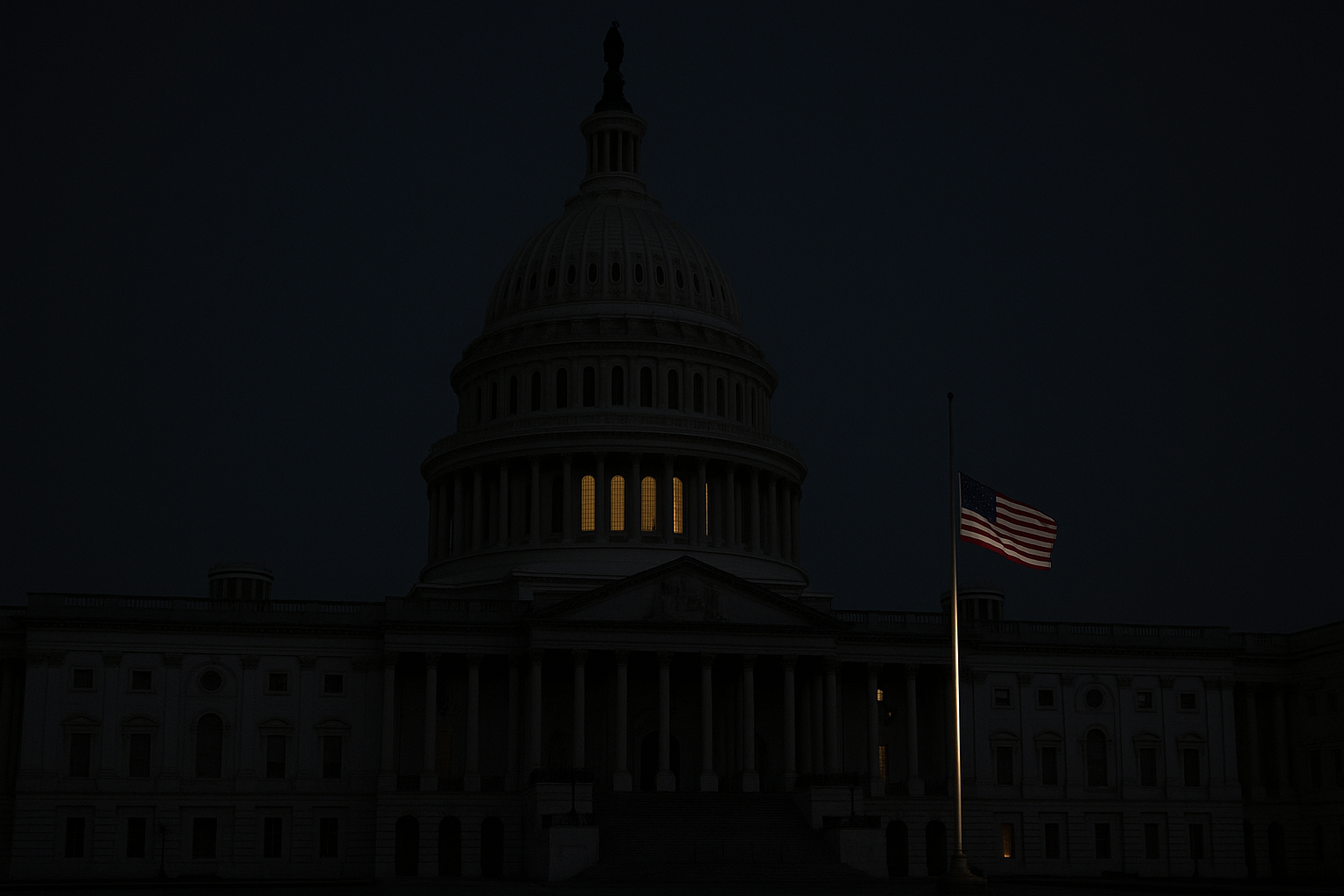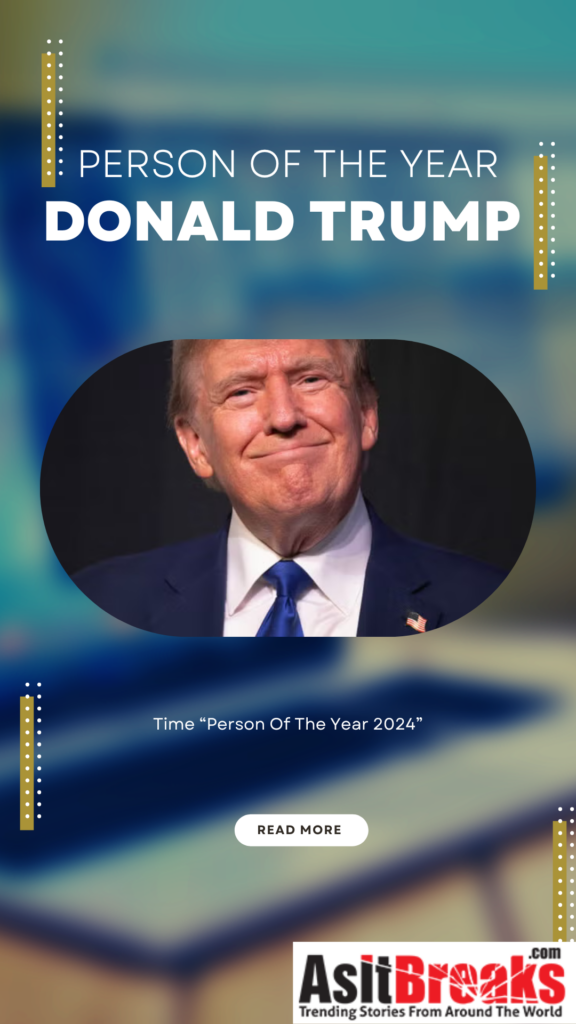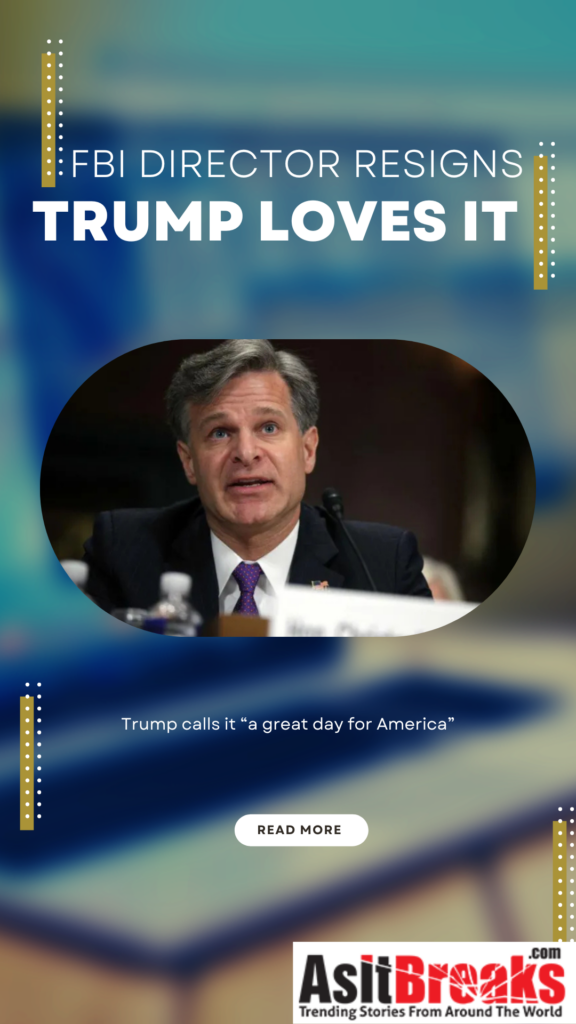As the government shutdown enters its third week, former President Donald Trump’s congressional allies insist Democrats are solely to blame for the impasse—even as federal workers go without pay and essential programs halt. This frames the shutdown as a political conflict with each side assigning responsibility.
Trump, displaying little urgency to compromise, has intensified his confrontational strategy. “Honestly? Can I put it in plain words for you?” Trump asked reporters last week. “The Democrats are getting killed in the shutdown because we’re closing up programs that are Democrat programs that we were opposed to. They’re never going to come back, in many cases.” His comments imply that the shutdown’s impact on certain programs is a tactic rather than an unintended result, underscoring his direct influence and deliberate approach to the stalemate.
Trump’s congressional allies maintain the blame lies elsewhere. “It’s not his decision,” said Sen. Rick Scott, R-Fla. “It’s Congress’ decision whether we pass budgets or not. Democrats, led by Chuck Schumer, have chosen a shutdown.” Scott dismissed calls for Trump or Vice President JD Vance to lead talks. “They’re not members of Congress — it’s Congress’ job,” he added.
Sen. Ron Johnson, R-Wis., agreed. “For the shutdown to end, they just need to vote for the House CR,” he said, referring to the Republican-backed continuing resolution. “This is up to Congress and the Democrats,” Johnson said, dismissing concerns about Trump’s role.
Senate Democrats, frustrated by weeks of gridlock, call Trump’s tactics reckless and possibly illegal. “It’s so antithetical to the fundamental responsibility of the president in Article II, which is to ‘take care that the laws be faithfully executed,’” said Sen. Angus King, I-Maine, who supports reopening. King cited Trump’s move to defund a Department of Education office for students with disabilities, calling it “downright cruel.”
The shutdown, now in its 21st day, disrupts paychecks, halts health inspections, and closes museums. Trump’s allies see a political opportunity. Sen. Shelley Moore Capito, R-W.Va., said Democrats have raised the political stakes so high, it’s hard for them to change their vote. “Many Democrats do not want to be in a shutdown situation. They know it’s a misery march — a road to nowhere. We need to reopen government to get things moving,” she said.
Trump has shown no sign of compromise. On Fox News’ Sunday Morning Futures, he criticized Democrats, calling them “kamikaze pilots.” He said, “They have nothing going. They have no future. They have incompetent candidates.” His remarks strengthen his base but deepen congressional divides.
Sen. Tim Kaine, D-Va., said the current stalemate echoes the 2018-2019 shutdown, which ended only after flight delays impacted the economy. “When flights started to get canceled and delayed, that had such an effect on the economy that [Trump] decided he should get a deal,” Kaine said. “When he engages, we will solve this in 36 hours.”
Others share Kaine’s belief that Trump’s involvement is crucial to ending the deadlock. Sen. Bernie Sanders, I-Vt., criticized Trump’s priorities on X. He wrote that Trump “isn’t negotiating a budget deal, preventing premiums from doubling, or stopping 15 million Americans from losing health care — he’s meeting the president of Argentina to reward him with a $20 billion bailout.”
With public patience running thin, the political stakes are rising for both sides. A recent Reuters/Ipsos poll found 52% of Americans blame Trump and Republicans for the shutdown, while 39% blame Democrats. Despite this, the GOP appears determined to pressure Democrats and let consequences shift public opinion.
For now, the stalemate endures. Trump continues to tie the shutdown to his larger goal of reducing federal spending and cutting what he labels as wasteful Democratic programs. The central dispute remains: Is this shutdown an unavoidable standoff or a calculated move in pursuit of broader policy aims? Critics argue the latter, warning of lasting harm to institutions and the economy.
“The longer this goes on,” King said, “the more it will hurt ordinary Americans — and that’s not a partisan issue.”


